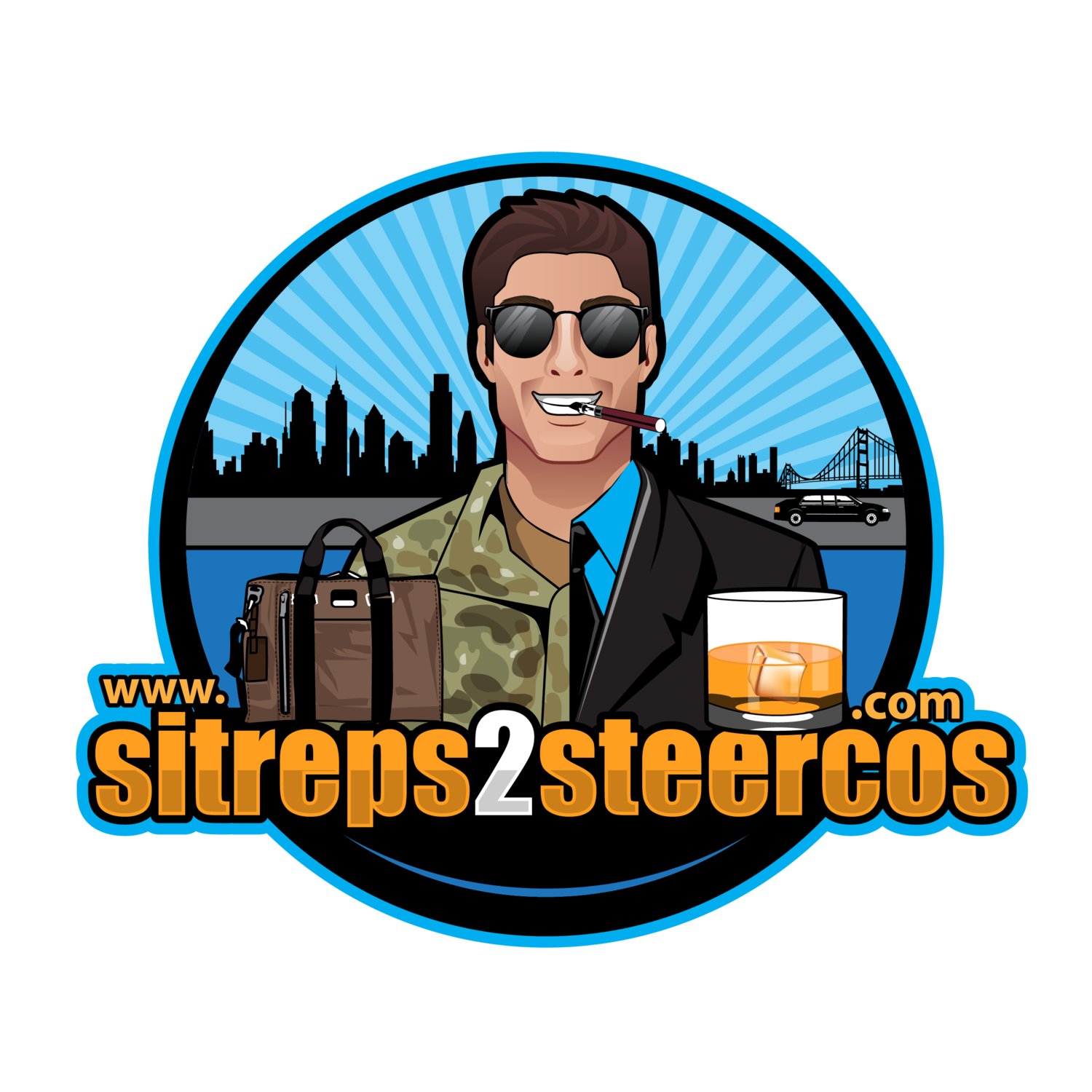This page is dedicated to transition stories from veterans who left the service and pursued a civilian career using a junior military officer recruiter (JMO). A variety of stories are available that should demonstrate some similarities and also key differences for you to consider.
Marine Corp Officer
I enjoy following your Instagram Account, and I think you should be commended for providing a real-life perspective on the transition from the Military to Business. I notice a lot of your content is geared toward the MBA, and I would like to share my experience as an alternative path. You’re 100% correct when you mention taking career advice from Senior Officers in the Military. There isn’t anything wrong with a 20-year Military Career, but how can you counsel subordinates on a decision as important as transitioning if you’ve never held a job outside of the Military? It would be like going to an Alcoholics Anonymous Meeting with a bunch of people that never had a sip of Alcohol telling you not to drink. After 8 years in the Marine Corps (AD) I made a promise to myself that I would never spend weeks away from my family training for another MEU/UDP, stay up all night working on a 157-pg. point slide Confirmation Brief, or spend another hour and a half looking at a Dental Readiness Chart in another weekly CUB meeting.
I utilized a JMO Recruiting Firm when I transitioned 3 years ago. My Wife and I had two young kids at the time, and we were willing to relocate. I had a great experience using the JMO Recruiter, but I was also realistic. I was able to interview with a handful of good Companies, and a lot of mediocre ones. The Recruiters make money on placing you with a Company, but it is up to you as an Individual to look out for your own interest. I accepted an outside Sales Role for a Private Company, and it has been one of the greatest decisions of my life. I’m thankful for the Opportunity that the JMO Recruiting Firm provided me, but I have a few friends that settled for a job they didn’t want and regretted the entire experience.
I work in Business 2 Business Sales, and I really enjoy it. I spend about 2 nights a week on the road, I’m encouraged to entertain Customers (Golf, Hunting, Sporting Events) and generally have a flexible schedule. I’m largely autonomous, and my performance metrics are unambiguous (Quota). I don’t work on the weekends, and I have an amazing compensation plan. After my first year I received a promotion, and I currently manage a single Strategic Account covering 5 States. My only regret about transitioning is that I didn’t do it sooner.
I appreciate the opportunity to share my experience, and I hope this helps someone making the leap from the Military. Keep up the good work!
Army Officer (ROTC)
First, I want to say that you are doing an amazing job with fighting and combating the misinformation that is being spewed out. I've been trying to explain this to a lot of my peers with little to no luck.
I saw your instagram post asking for veterans that successfully transitioned and I would like to share my experiences on your blog. I am an Army Logistics CPT who left the service after five years. I received my commission through ROTC. I have a liberal arts bachelors degree from a reputable school. I received an offer to start at a large management consulting firm in summer 2020 through their JMO hiring program which feeds into their management consulting branch. The pay starts well, is in a nice big west coast city, and has good exit opportunities.
I started thinking of my transition seriously about 8 months out and I wish I took it sooner than that. I have experience working with the JMO recruiter Lucas Group and veterans assistance initiatives such as American Corporate Partners (ACPs). I also went through the interview process with Cameron-Brooks/Alliance and got tentative offers but declined both because of their non-compete agreements. I stuck with Lucas Group because they were okay with me interviewing with other companies and they offered a virtual career fair that was essentially free interview practice. My first interview was actually for a night-shift position in a home-goods factory in the middle of Pennsylvania. I had no intention of pursuing the job, but it helped me shape my narrative. This definitely paid off when I conducted the three-round interview set with my anonymous large management consulting firm.
I prefer to stay anonymous for the purposes of this post but I think this is a great opportunity for me to pay it forward to the next guy/gal thinking of their transition. I feel like it is an obligation given I would not have been successful without the assistance of other veterans in the community.
More to come soon!
More to come soon!



